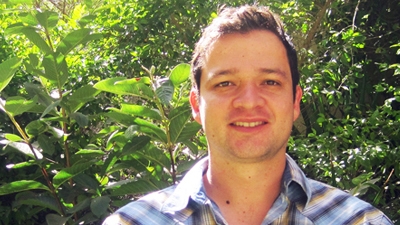How much carbon dioxide does my car produce?
The website compares more than 45.000 different cars in terms of gasoline consumption and carbon emissions. It also allows users to trace routes to calculate their gasoline consumption and carbon footprint.
Finally, users can review carbon emissions around the world and their relationship with urban growth indicators, information obtained from the World Bank’s Open Data portal.
“FuelECOnomics was created to demonstrate the relationship among carbon emissions, climate change and urban development. Mainly, it enables users to visualize how the use of cars and their gasoline consumption directly affect a country’s total carbon emissions, as well as global climate change. Choosing a fuel-efficient automobile is not only good for the pocketbook; it is also good for the environment,” Molina said.
Molina is a telecommunications and systems engineer at the Universidad Católica Boliviana in Cochabamba and has worked in the Dominican Republic and Haiti.
Last year, he returned to Bolivia to work on ICT interventions for development. Currently, he is collaborating on several projects, including the organization of meetings of software programmers, graphic designers and investors to draw up concrete business plans. He is also involved in the creation of a web directory of in-person courses that link instructors with interested students.

